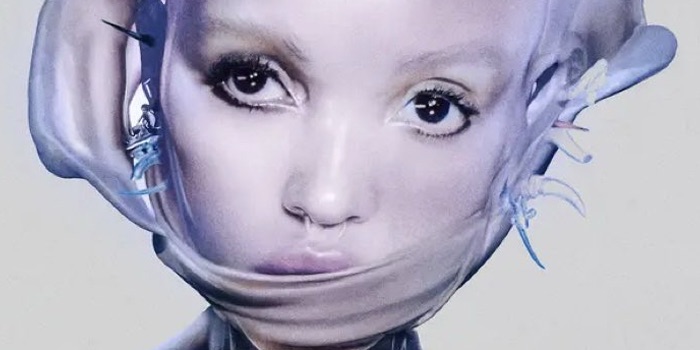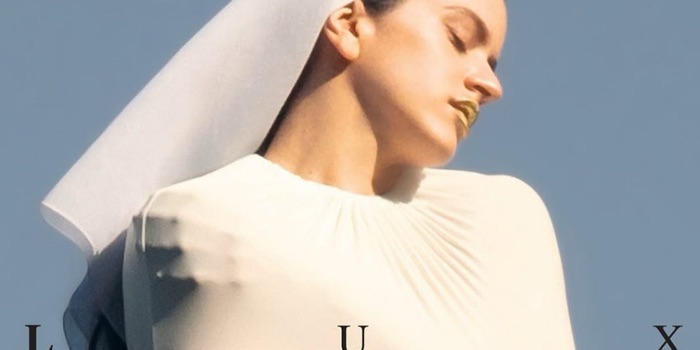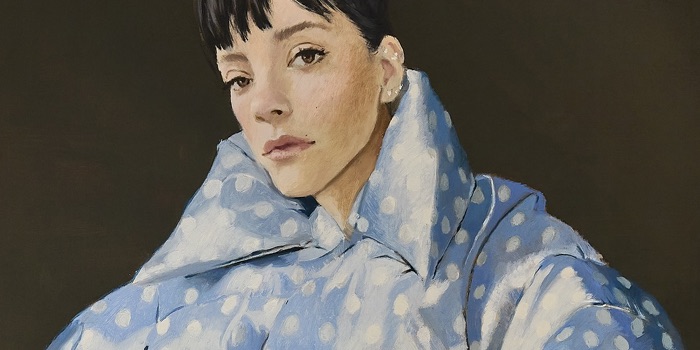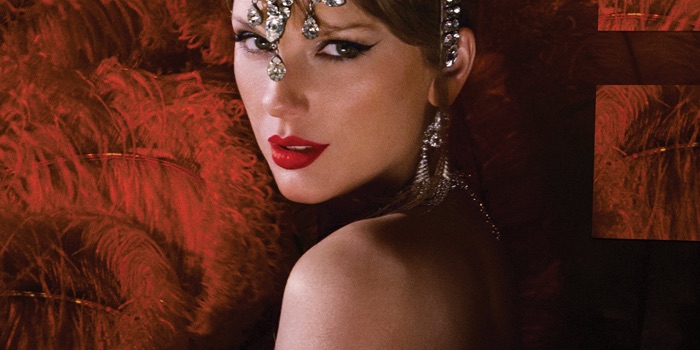
Marina Diamandis has spent the last fifteen years shapeshifting through pop’s many moods. From the baroque eccentricity of her debut ‘The Family Jewels’ to the Hollywood-infused alter ego concept of ‘Electra Heart’, and the introspective glow of ‘FROOT’, she has proven herself a pop auteur with a restless soul. Her last two albums, ‘Love + Fear’ (2019) and ‘Ancient Dreams in a Modern Land’ (2021), revealed an artist navigating the space between spiritual growth and sonic reinvention. The former was earnest but undercooked, while the latter reignited her spark with a theatrical, politically charged edge. Now, with her latest release, her first since departing with her major label, Marina seems poised to refine her fire and sound to recapture the allure that made her so revered.
It’s on the upbeat, high-gloss tracks that Marina truly finds her footing again. Songs like ‘Butterfly’ and ‘Cupid’s Girl’ recapture the quirky charm and offbeat energy that defined her earlier work, injecting the album with a needed sense of play. The slower moments, as in past releases, are more of a mixed bag, occasionally prone to meandering. But even here, Marina surprises. ‘Metallic Stallion’ threatens to drift at first, but gains momentum in its second half, ultimately dodging a mid-album lull. ‘Digital Fantasy’, drenched in vocoder and echoing the safe soundscape of ‘Love + Fear’, might feel like a stylistic callback, but lyrically it lands in the present with its commentary on synthetic love and digital detachment, Marina sings of her preference for real love and reality instead of romantic connection fed through a device.
Lyrically, the album favours playfulness over profundity and it mostly works. ‘Hello Kitty’ is silly and basic but supports the notion that while this and most of the songs aren’t brimming with depth, they don’t pretend to be either. This is Marina assured in her lane, not reaching for grand statements, but instead celebrating her signature sound through a present-day lens. There’s a lightness to the writing that complements the production’s bounce and gloss, and even when the ideas feel familiar, they’re delivered with enough charm to keep things engaging. It’s less about reinvention and more about refinement, and for the most part, she pulls it off.

That’s not to say there’s no substance to be found. On ‘Adult Girl’, Marina digs a little deeper, peeling back to explore the uneasy space between youth and adulthood. It’s a poignant reflection on growing up without a stable foundation, suspended in a kind of emotional limbo. She touches on themes of unresolved trauma, internal fear, and a desire to heal. It’s one of the few moments where the gloss recedes and something raw breaks through, giving the record a flicker of emotional gravity before snapping back into her playfulness to close out the album with ‘Final Boss’.
On the whole, ‘PRINCESS OF POWER’ feels like a step back in the right direction, it doesn’t feel regressive, but restorative. Following the uneven terrain of ‘Love + Fear’ it’s as if Marina has step-stoned her way back to the playful, theatrical allure that pulled us in over a decade ago. It may not reach the dizzying highs of her most iconic work, but still holds the pop confidence of it and reminds us that she didn’t need to reinvent herself but just return to form.






